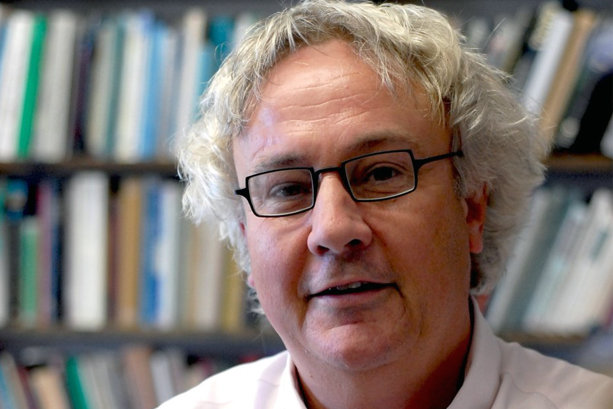Devote time for learning about nature of evil: Professor

TEHRAN – Charles Taliaferro, a professor of philosophy at St. Olaf College in the U.S., believes that “Given the advances in technology and thus in the capacity for persons to bring about more destruction to others than has until now been unimaginable, I believe it is more important than ever to devote time to learn from the past about the nature, allure and our powers to resist evil.”
Following is the text of the interview with Professor Taliaferro:
Q: What has been your main question in your book, “The history of Evil”?
A: My co-editor, Chad Meister, and I have been interested in a global, comprehensive study of what counts as evil, understood very broadly, to include the study of what counts as sin or harm or acting against the Dao or Karma or being hurtful. We contracted over 130 scholars from around the world to trace conceptions of what is involved in exploitation, wrong-doing or harmful ignorance from the very first forms of writing to today.
Q: What Hypothesis did you use to answer this question?
A: We did not have an explicit hypothesis we were trying to establish or disprove, but in essence the whole project did lend some support to an historically significant thesis about evil to the effect that goodness is prior to or more fundamental than evil. This may have been predictable given that all of the contributors are scholars in different areas of research from philosophy and theology to history, are ourselves committed to understanding the nature of evil, using the tools of our disciplines to try to bring clarity and advance our education in what draws us to harm each other, commit acts of injustice, and so on. In a sense, the very nature of our research had to involve commitments to intellectual integrity, impartiality, fairness to the persons and topics we analyzed. It would not have worked if we fell into envy, jealousy, unfairness, partiality, harmful rage, spite, and other vices. The very fact that the project has been completed is a testimony to the primacy, at least in the study of evil, of virtue.
Q: What was the necessity of writing this book?
A: Given the advances in technology and thus in the capacity for persons to bring about more destruction to others than has until now been unimaginable, I believe it is more important than ever to devote time to learn from the past about the nature, allure and our powers to resist evil.
